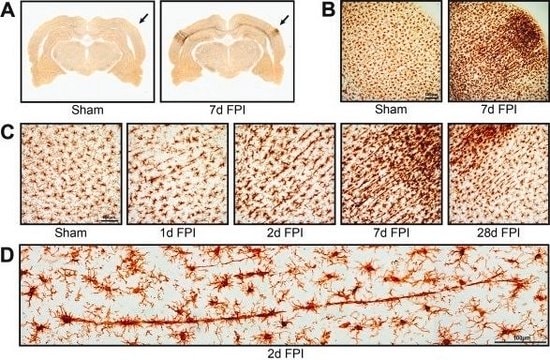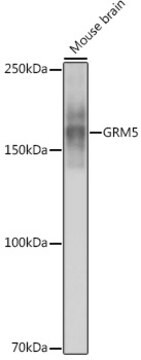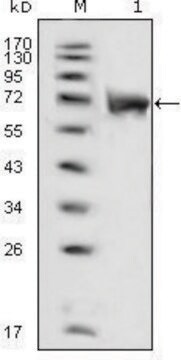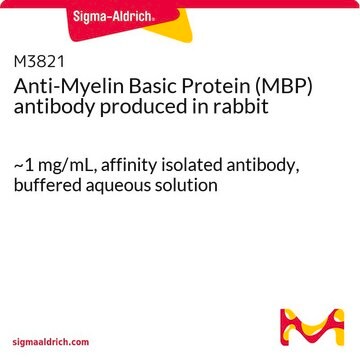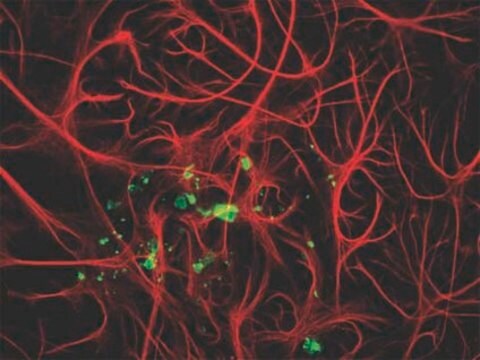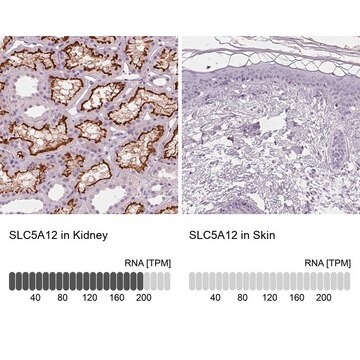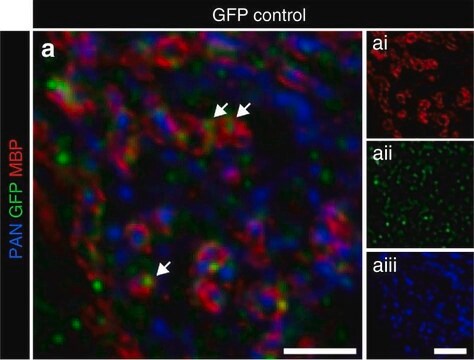MABS460
Anti-FGF23 Antibody, clone 278-2
clone 278-2, from mouse
Synonym(s):
Fibroblast growth factor 23, FGF-23, Phosphatonin, Tumor-derived hypophosphatemia-inducing factor, Fibroblast growth factor 23 N-terminal peptide, Fibroblast growth factor 23 C-terminal peptide
About This Item
WB
western blot: suitable
Recommended Products
biological source
mouse
Quality Level
antibody form
purified immunoglobulin
antibody product type
primary antibodies
clone
278-2, monoclonal
species reactivity
human
technique(s)
flow cytometry: suitable
western blot: suitable
isotype
IgG1κ
NCBI accession no.
UniProt accession no.
shipped in
wet ice
target post-translational modification
unmodified
Gene Information
human ... FGF23(8074)
Related Categories
General description
Immunogen
Application
Signaling
Developmental Signaling
Quality
Western Blotting Analysis: 0.5 µg/mL of this antibody detected FGF23 in 10 µg of human salivary gland tissue lysate.
Target description
Physical form
Storage and Stability
Analysis Note
Human salivary gland tissue lysate
Other Notes
Disclaimer
Not finding the right product?
Try our Product Selector Tool.
Storage Class Code
12 - Non Combustible Liquids
WGK
WGK 2
Flash Point(F)
Not applicable
Flash Point(C)
Not applicable
Regulatory Listings
Regulatory Listings are mainly provided for chemical products. Only limited information can be provided here for non-chemical products. No entry means none of the components are listed. It is the user’s obligation to ensure the safe and legal use of the product.
JAN Code
MABS460:
Certificates of Analysis (COA)
Search for Certificates of Analysis (COA) by entering the products Lot/Batch Number. Lot and Batch Numbers can be found on a product’s label following the words ‘Lot’ or ‘Batch’.
Already Own This Product?
Find documentation for the products that you have recently purchased in the Document Library.
Our team of scientists has experience in all areas of research including Life Science, Material Science, Chemical Synthesis, Chromatography, Analytical and many others.
Contact Technical Service